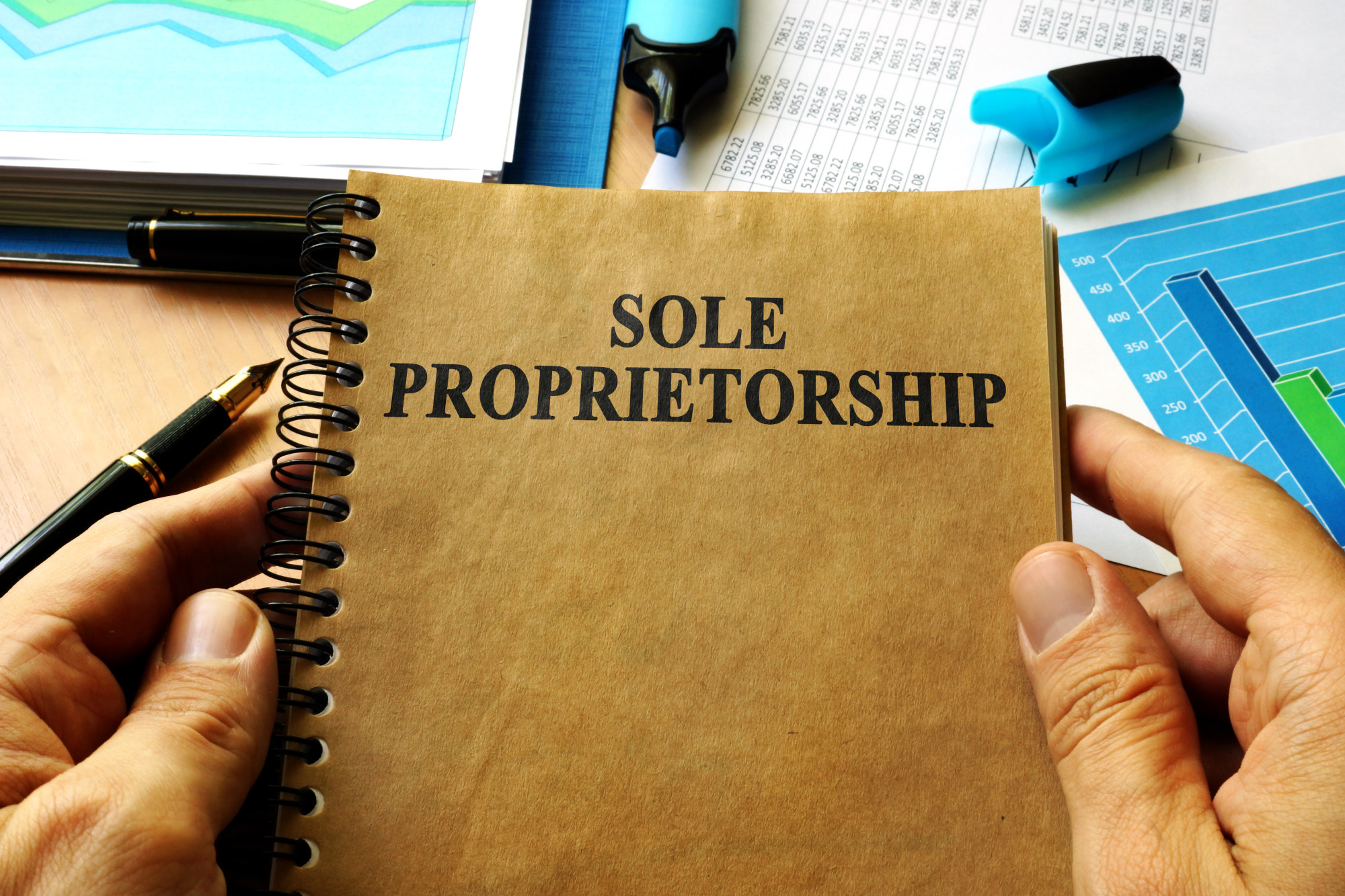Are you a small business owner?
Being your own boss is an exciting opportunity, but it’s also a lot of work. You have to wear many hats, and that includes accounting. If you’re not an accountant by trade, you might be confused about how to manage your books.
After all, one of the reasons you went into business for yourself is because you didn’t want to deal with dull and monotonous things like accounting. However, if you ignore sole proprietorship accounting, things can fall apart, and you’ll never know why.
Do you have experience with accounting, but you’re starting a business, and you’re confused about the proper way to handle accounting for yourself? If so, keep reading for several tips.
Contents
1. Establish a Bookkeeping System
Establishing a bookkeeping system should include creating separate accounts for each type of business activity, including:
- accounts receivable
- accounts payable
Sole proprietor bookkeeping can track this information in the beginning and throughout the life of the business will help you determine business profitability and aid in making important decisions about future endeavors and investments.
2. Regularly Reconcile Bank Statements
Reconciling helps ensure that the books accurately reflect the financial activities of a business. It is important to have an accurate financial picture in order to make responsible business decisions. Business owners should compare their individual register balances to their sole proprietorship bank account to ensure all transactions are accounted for and in the proper general ledger account.
It is also important to verify the beginning and ending balances are correct. It can help avoid costly errors or fees; it can also help to stop fraudulent activity early. Having an accurate picture of an organization’s financial records will give business owners the information they need to make sound decisions and plan for the future.
3. Track and Categorize Business Expenses
This means you should keep track of all business expenses to make sure that you have the necessary documents at year-end for filing taxes. It’s a good practice to set up different accounts for different types of expenses. This can help you track different activity types, such as equipment, labor, and advertising, and make sure that you are taking advantage of all potential tax deductions.
It’s especially important to check that all your invoices are properly coded and look up any miscellaneous expenses you may have. Accountants can help you categorize your expenses correctly, ensuring compliance with tax regulations and maximizing available deductions.
4. Plan for Taxes and Maintain Tax Compliance
They should also aim to accurately record all transactions and keep a comprehensive record of their business income and expenses. Knowing how to calculate their:
- income taxes
- estimated tax payments
- payroll taxes
- self-employment taxes
They should also pay attention to their total net income and use tax preparation software to help them organize their documents and research any deductions they may be able to take.
Sole Proprietorship Accounting Basics: What You Need to Know
Sole proprietorship accounting need to keep track of their finances to gain a competitive edge in the business world. From tracking expenses to properly dealing with employees, accounting is essential to running a successful business.
Now you know the essential accounting tips for sole proprietors, so why wait? Start implementing them in your business today for success.
Did you find this article helpful? Then, make sure you check out our other related posts.



